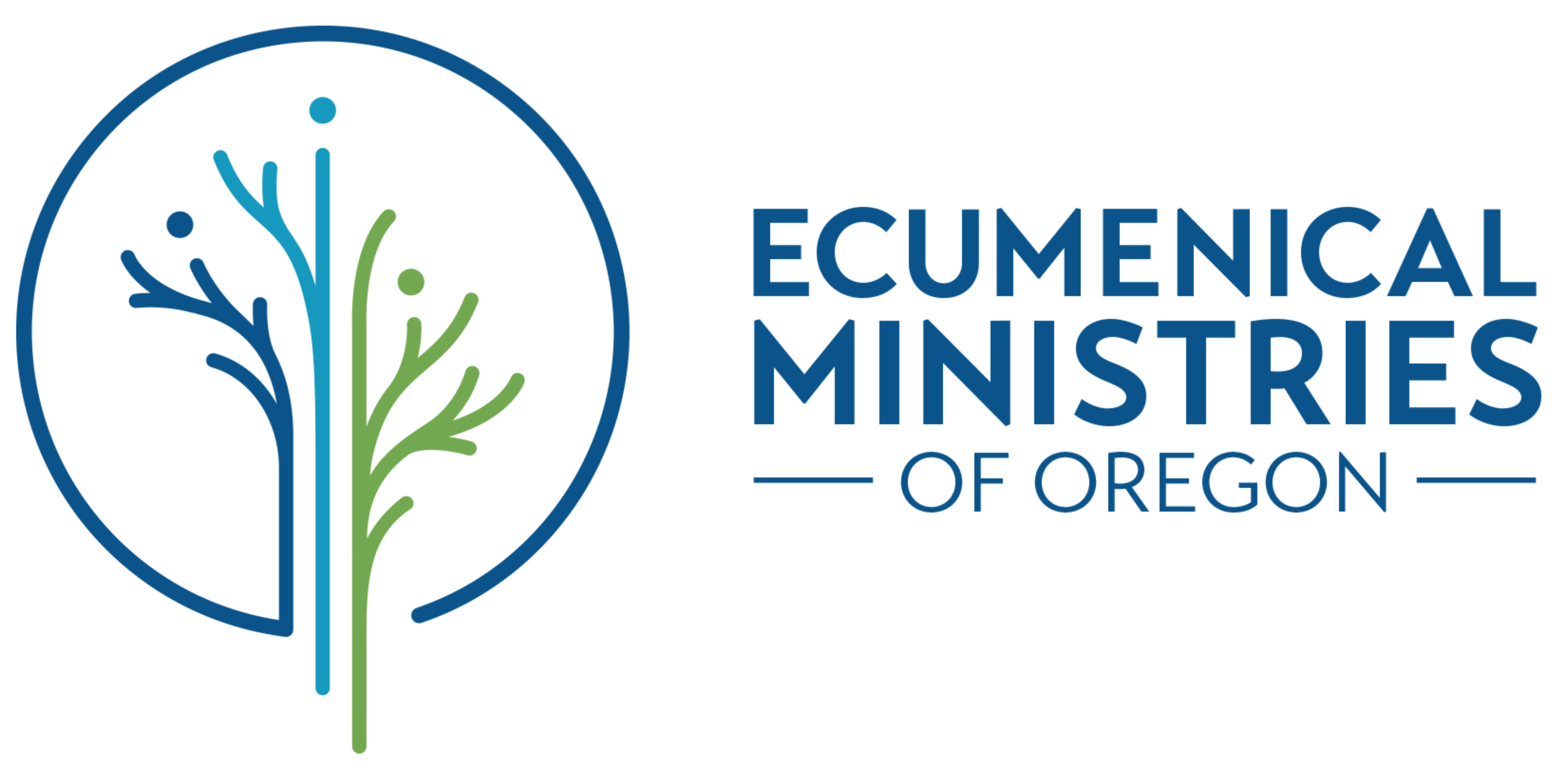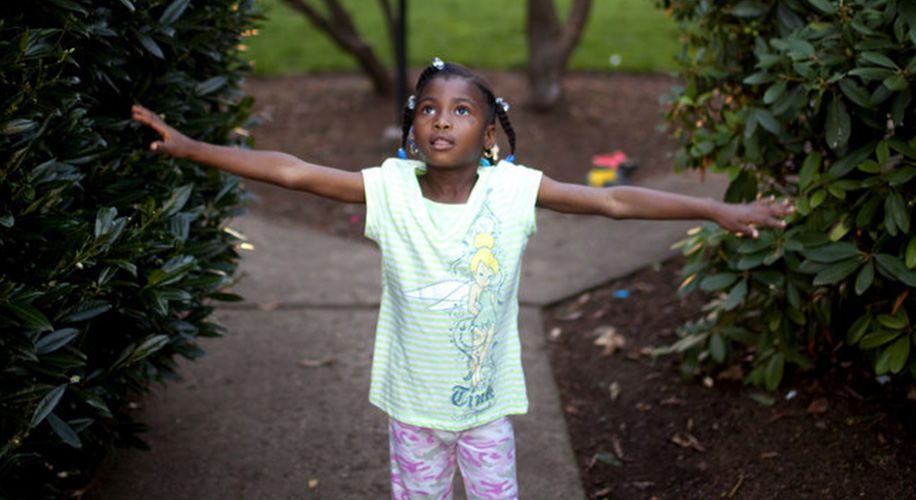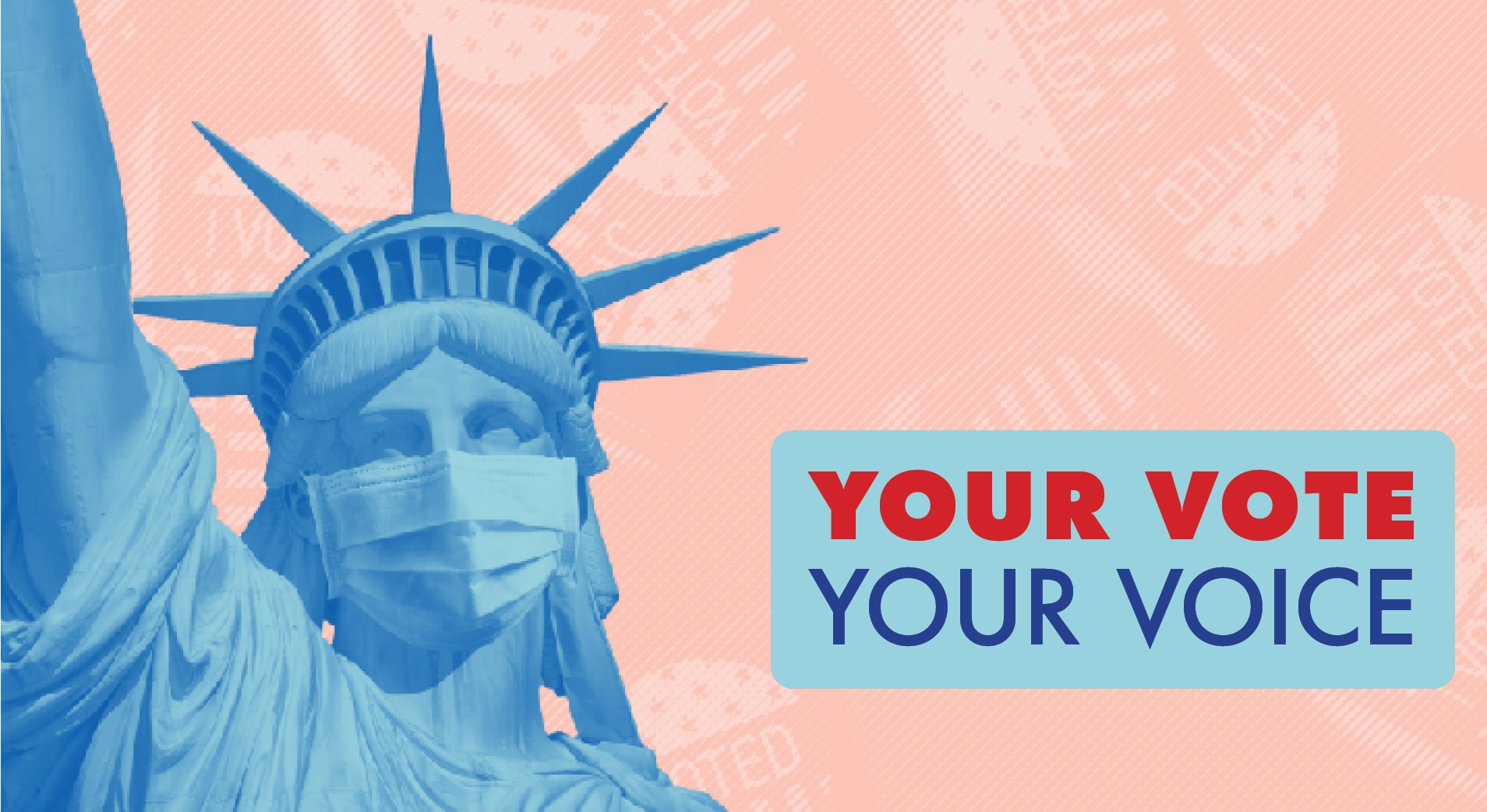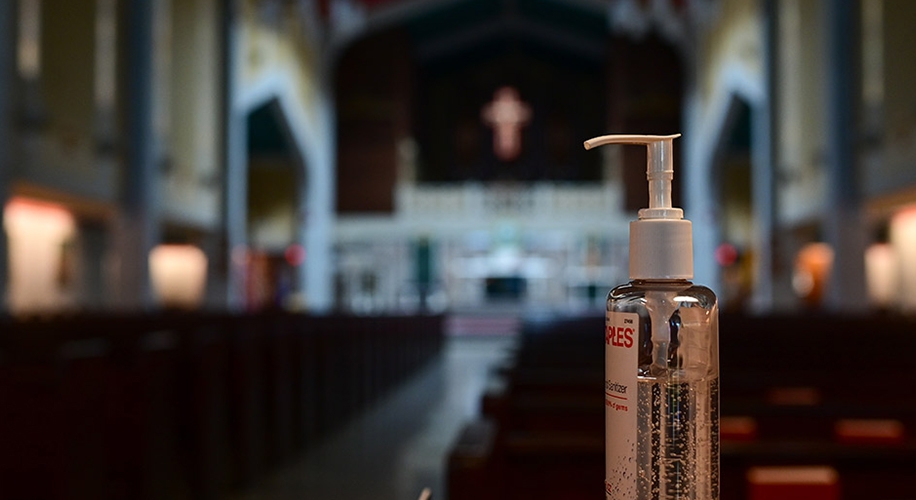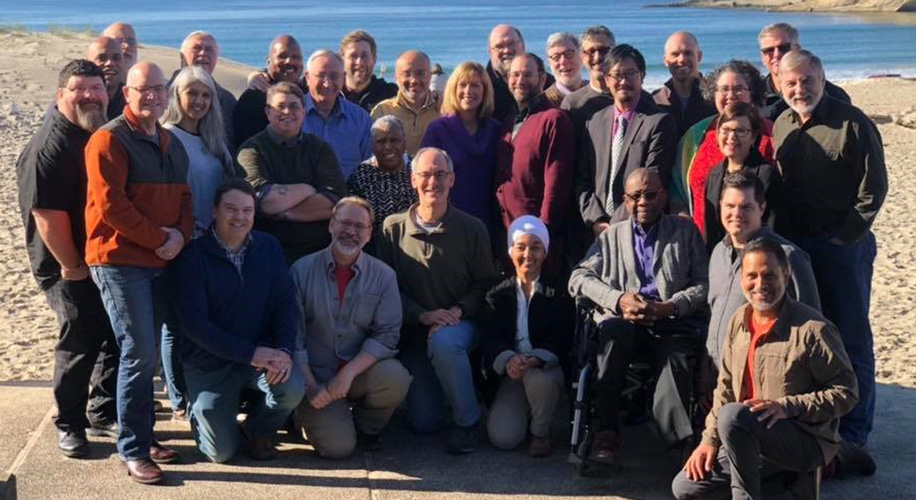Last week’s news, if not a surprise, was a shock. President Trump set the refugee limit at 18,000 for the coming year, advancing the administration’s sustained effort to dislodge faith communities from their historic involvement in refugee resettlement.
As Galen Carey, vice president of government relations for the National Association of Evangelicals has said, this action is “incredibly inconsistent w/ the pledged commitment to religious freedom,” referencing the President’s U.N. speech earlier this week.[1] Equally troubling is that the total number of all refugees permitted in the coming year is far less than the number of Christian refugees who were admitted in 2016. While the Administration may tout its changes in refugees admissions as favoring persecuted religious minorities, the evidence points in the opposite direction.
For the past four decades, our local team in Portland has been involved in settling tens of thousands of refugees. In our partnership with local congregations and with two other local faith-based agencies,[2] our work has had a most positive impact on the state of Oregon. Of particular note in this region facing declining church attendance, the growth of Russian-speaking Pentecostals, Baptists and Adventists, has been unparalleled. One of the largest congregations in the state is a Vietnamese Roman Catholic parish.
All that began to change in 2017. In January of that year, I wrote about what was just then happening with the President’s order banning refugees. While the ban was only temporary, we sensed it was also the beginning of this Administration’s attempt to dismantle America’s three-way partnership between faith organizations, refugees, and our government. Sure enough, President Trump announced in October a reduction in refugees who could be admitted in the following year to 45,000, half of what had been the historic average. That number was cut again to 30,000 in October 2018 and 18,000 in this latest announcement.
These current cuts have also been accompanied by other changes that are having or will have significant impact on the national “voluntary” agencies (VolAgs)[3] and local resettlement agencies. Changes include allowing states to determine whether they will accept refugees, and requiring local agencies to receive at least 100 refugees in a year or be decertified (meaning they can no longer settle refugees). That last requirement brings to mind the Israelites in ancient Egypt being forced to make bricks without straw.
Be very clear, this is a direct attack, intended or not, on faith-based organizations and the commitment of congregations to fulfill what they understand to be in their God-directed mission. As writes Tim Breene, CEO of World Relief: “This proposed cut to the refugee resettlement program not only denies safety and freedom to people fleeing religious persecution, war and genocide, but also further dismantles our ability to demonstrate Christ-like hospitality toward the vulnerable.”[4]
Here are 10 things I want you to know:
- This attack on our refugee resettlement program has never been about national security or border integrity. Why do I know this? Of all the risks our citizens have faced, the security risk coming from refugees vetted, processed, and resettled through the partnership between the United Nations, our own State Department, national VolAgs, and local nonprofit agencies has been the least of our concerns. Wherever one may come down on the many disagreements over immigration (legal or otherwise), this work of refugee resettlement is as safe as it gets, has historically had strong bipartisan support, and the overwhelming support of churches and other faith organizations in the United States.
- Faith-based groups led the way in refugee resettlement work. In the wake of the refugee crisis brought on by the end of World War II and the formation of the Soviet Bloc, the U.S. Congress enacted the first refugee legislation in 1948. Over the next three decades, the proess was modified after each wave of new refugees from Communist countries. But religious groups and other nonprofits remained the driving force in resettlement efforts. Following on the huge wave of refugees from Southeast Asia, the Refugee Act of 1980 formalized the modern partnership between the government and these national nonprofit agencies.
- For the past 30 years, the partnership between the nine, mostly faith-based VolAgs and the federal government has been a model in private-public partnerships. Nonprofits don’t always need to partner with the government to get their mission accomplished, but refugee work engages the U.S. State Department and other federal agencies tasked with immigration. At the same time, these VolAgs, working closely with nonprofit agencies in local communities, are able to partner with local congregations and civic groups to help with on-the-ground resettlement. Some 3 million refugees, mostly from Southeast Asia and the former Soviet Union, have been successfully resettled through this partnership.
- Even during the 9/11 crisis, when our borders were temporarily shut to refugees, the Bush Administration worked diligently to keep the nine national agencies afloat.[5] 9/11 was the first and only external crisis which temporarily shut down our borders to refugees. Yet, President Bush took significant measures to ensure that both VolAgs and local agencies remained operational throughout that period. Our own local agency was ready for business the day refugees started arriving again. In fact, two of our current staff who were keeping our office open in the wake of 9/11 were themselves former refugees from Ukraine and the former Yugoslavia. Contrast that with the cuts made last year when we lost two veteran staff concerned about the possibility of our agency being closed by the Administration. They were the lucky ones; others were cut due to lack of funding.
- The President alone has the responsibility to set the number of refugees. If he chooses to drop the number of admissions to zero, that would be entirely within his constitutional responsibilities. The President alone has the power to set the number – either up or down. The idea of going to zero was floated by some in the administration this summer. As expected, the notion was not well received, but it made the number 18,000 a comparable relief. This President has made it clear which direction he intends to take refugee work, quite in contrast to what he said during the temporary ban on refugee arrivals in 2017. It is no longer a temporary restart, but a long-term dismantling.[6]
- In 3 consecutive years, the Trump Administration has systematically cut resettlement to an unsustainable low. One-third of all local agencies have been shuttered and as many as another third are likely to close under the combined new limits.[7] Moreover, this Administration has applied pressure to shrink the number of national VolAgs. Last year the call was to cut at least two VolAgs.[8] Unable to carry that off, the Administration said the number of local agencies had to be cut. On hearing that news, our local agencies appealed to our Oregon political leaders, who all wrote strong backing to Washington to leave our programs intact.[9] We were on the chopping block, but we survived thanks in no small part to their help. This year more local agencies across the nation will close and there will be pressure to cut anywhere from two to four of the national VolAgs.
- State determination to refuse refugees will neither help those states, nor help the faith partners. Under the new executive order allowing states to refuse refugee resettlement, VolAgs will no longer be able to reunite families in those states, thus severing refugees from their primary support system, their own families. Yet at the same time, refugees are free to move where they wish once inside the U.S. If a state won’t allow the VolAgs to operate within its borders, the refugees moving there will be left without the extensive resources resettlement agencies provide.
- States can play a significant role in supporting resettlement agencies. Our state, Oregon, took significant measures earlier this year to strengthen the work of our local agencies with a multiyear funding plan that had significant, near unanimous bipartisan support (HB 2508). Our initial efforts at coming up with a plan were based on prior work in states such as Utah. However, this legislation has been called landmark for its level of engagement and support. Even with that support, if the Federal Administration were to shut down one of the three VolAgs who partner with our local agencies or shutter one of our local agencies for lack of sufficient numbers, there is nothing the state can do to revive those partnerships. Local agencies and national VolAgs are certified at the Federal level only. Still, with such strong support from our own state, we are encouraged in the midst of these troubling times.
- If we let these faith-based and other nonprofit agencies go, the federal government will be the only player left. There a sense that this is what some members of the current Administration want. If we are to have a refugee program, it should be operated only by the Federal government without the involvement of the VolAgs or local agencies. Besides the increased risk to resettlement success, such action would sever the longstanding partnership with faith-based and other nonprofits who led the way in the first place. Faith communities would be cut out of the process altogether.
- The challenge of rebuilding this kind of partnership would be most difficult. Close a local agency and you lose great human resource, institutional memory, and strong networks of relationships. Severely cut back national VolAg staffing (which has already been happening) and you compound the problem. After the temporary shutdown in 2017, security risks increased because overseas and national staff were curtailed. Cut out one or more of the VolAgs and you will not get them back. This partnership with faith communities and others took decades to build in the first place. It won’t be rebuilt overnight.
Here are 4 things I ask you to do:
- Call House and Senate Judiciary Committee members today (link below includes sample script and phone numbers of key legislators).
- Urge your state and local elected leaders to demonstrate support for refugee resettlement in your community.
- Amplify this message on social media.
- Let the local agencies resettling refugees in your state know you’ve got their back.
Written by Dr. Howard N. Kenyon, EMO Vice President
